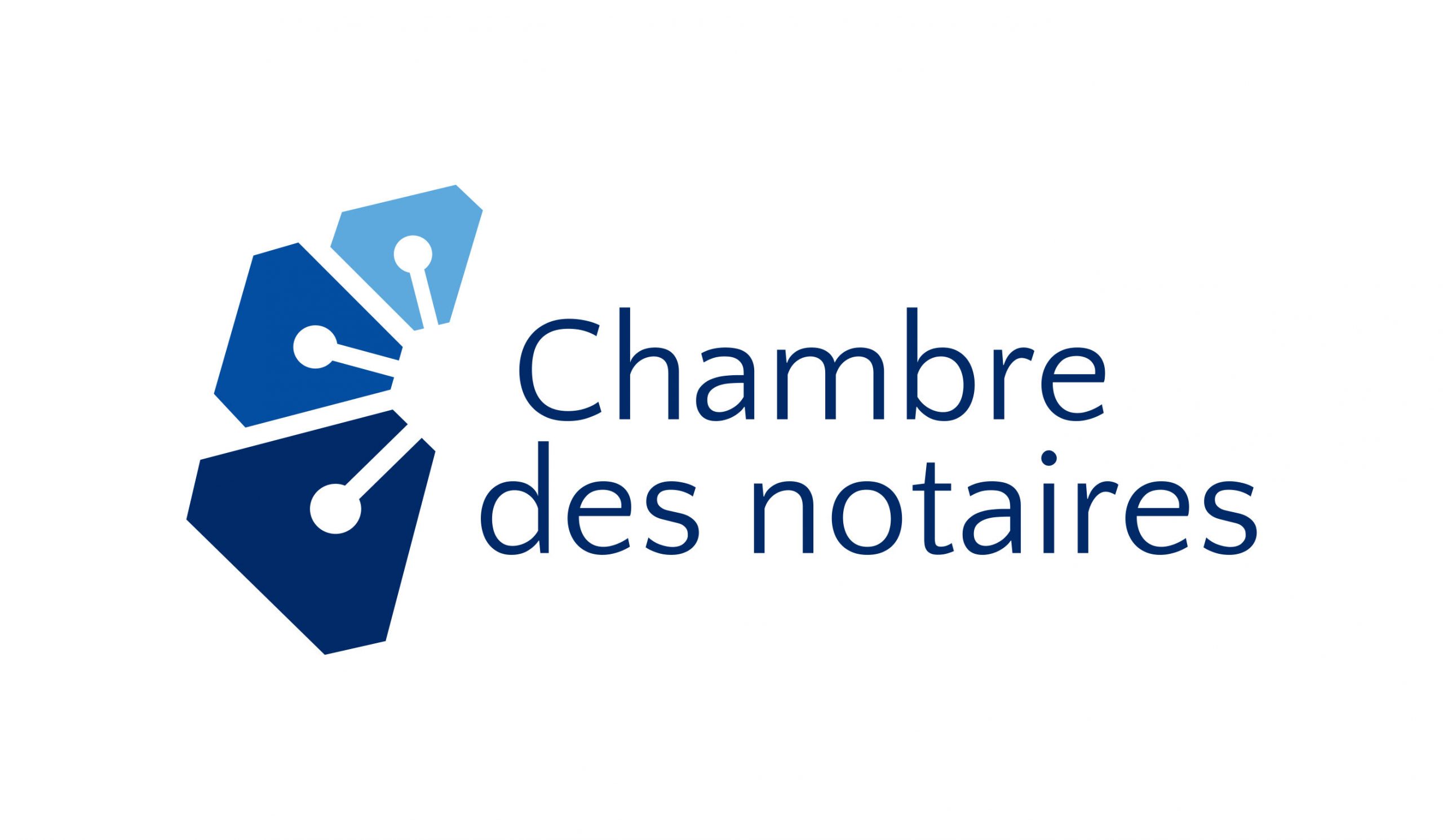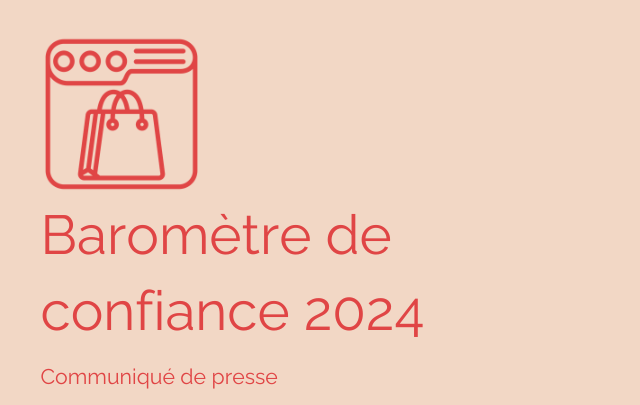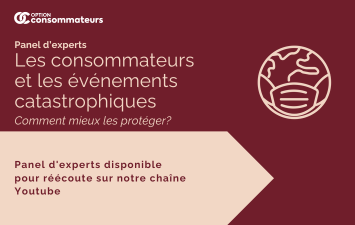

Can I sign a notarial deed remotely?
Since the declaration of the state of health emergency on March 14, notaries have been called upon time and again by customers anxious about their transactions. Just think of the people who have to sign their deeds of sale in less than a week's time, or the person who is seriously ill and wants to protect his or her children.
As an organization dedicated to protecting the public, the Chambre des notaires takes the safety of its members, their families and citizens very seriously. The current crisis is creating exceptional situations. The government and the Chambre des notaires are working to correct these problems by equipping notaries with a solution that enables them to deal with urgent requests, while respecting the health guidelines laid down by the State and preserving the physical integrity of everyone, notaries and clients alike.
Because of their importance, the government requires that certain deeds, such as real estate mortgages, declarations of co-ownership, donations and marriage contracts, be notarized.
Since April1, 2020, it has been possible to proceed with certain urgent transactions or transactions that can be concluded remotely. It is important to note, however, that the government decree does not oblige notaries to use these solutions, it does allow them. It is up to notaries to make decisions concerning their studies according to the particularities of each situation, while respecting their own safety and that of those around them.
Why wasn't signing a digital document authorized before this crisis?
Notarized documents are authentic, i.e. they are admissible in court as evidence of their content, the accuracy of the date and the signatures affixed, without the need for proof.
The Notarial Act still requires a handwritten signature on a paper document in the physical presence of the notary, unless a regulation is approved setting out the terms and conditions. These formalities are essential to the authentic act. Under normal circumstances, the digital notarial deed is not recognized.
What's the solution?
The Chamber has been working on its digital transformation program for years, with the aim of better meeting the needs of the public and offering solutions that meet high security standards. However, the current crisis has accelerated the need for an alternative solution, which is being offered temporarily for the duration of the declaration of a health emergency, as specified in the Minister's decision.
In short, notaries will receive their clients remotely by videoconference. The notary will take precautions to ensure that the location and tools used are secure. Solutions have been put in place to enable customers to view the deed either by technological means or by secure transmission. The notary will then ensure that the parties have fully understood the clauses of the contract. Finally, the deed is signed remotely.
To proceed, citizens will need :
- A computer, digital tablet or smartphone equipped with a camera;
- An e-mail address and an Internet connection ;
- The mobile application of the videoconferencing service to be used.
The security standards adopted will enable notaries to meet their ethical, legislative and regulatory obligations in the context of the declaration of health emergency and the ministerial decree, while guaranteeing the authenticity of the notarial deed and the protection offered to citizens.
Of course, this is just an overview of the procedure. Your notary will be able to explain the steps involved more fully.
Do you have any questions?
Call our toll-free number 1-800-NOTAIRE (1-800-668-2473) to speak to a notary. This service is available Monday to Friday, 8:30 a.m. to 5 p.m.






